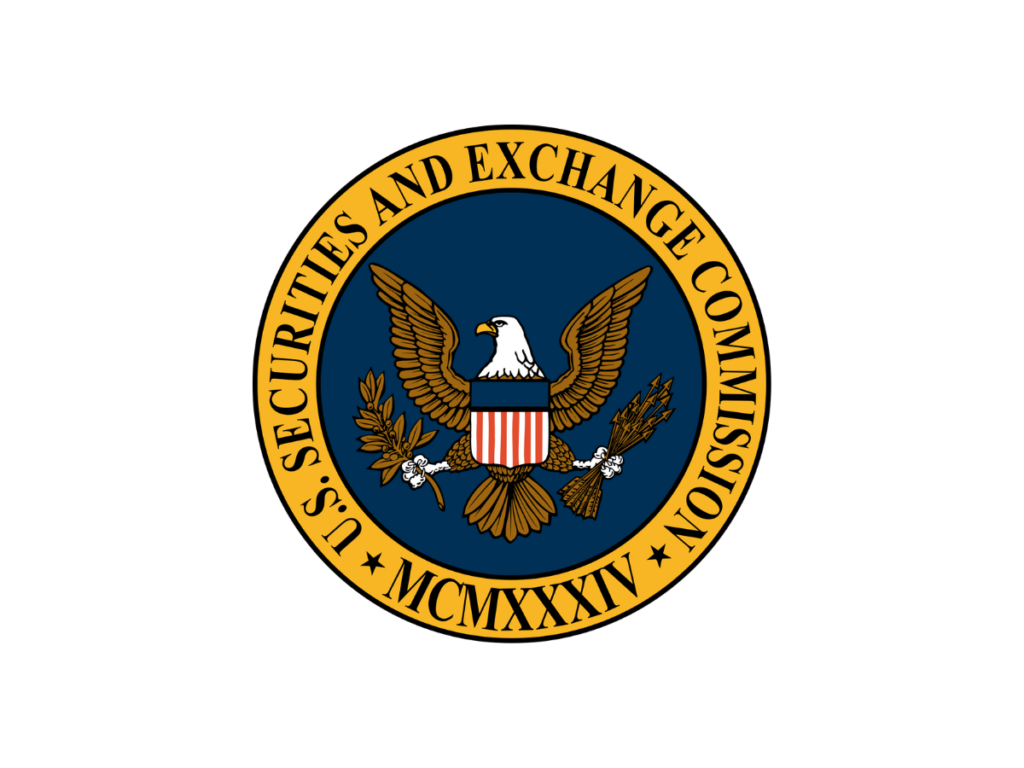Ongoing SEC investigation into Ripple’s XRP cryptocurrency, with a potential appeal despite a prior court ruling.
The SEC’s investigation into allegations that Ripple sold its XRP cryptocurrency as an unregistered security is still ongoing. The SEC could appeal to get a fresh ruling even if there is currently a court decision stating that XRP is not to be regarded a security when it is traded on secondary markets (such as exchanges).
Chairman Gary Gensler expressed his displeasure with the decision, and the agency has stated that it is debating whether to appeal that decision.
At this time, it cannot be ruled out that the SEC will move through with the appeal, even if it is not yet evident that the agency wishes to proceed in this manner. However, the fact that more than a week has already elapsed without the appeal being submitted implies that it is also possible that the SEC will give up.
SEC: Potential effects on the cryptocurrency XRP (Ripple)
Obviously, the ultimate appeal may theoretically result in the same result.
However, the same appeal alone could have negative effects.
It is certainly no surprise that the price of XRP fell to little over $0.70 after initially rising to $0.82 and then $0.84 following the publishing of the decision.
Notably, the price had dropped to just below $0.70 the day after the abrupt increase on July 13, before starting to rise once more on July 16. It has been in a modest retracement since July 20.
The announcement of the potential SEC appeal most likely precipitated this pullback, and should it be successful, a further decrease is conceivable.
If the SEC wins its appeal, however this does not seem like a very plausible situation at this time, much worse consequences could occur.
An attorney’s presumptions
John Deaton, a lawyer who supports XRP, made a statement on it.
Even if the SEC decides to appeal, Deaton maintains that this won’t be a setback for XRP.
Deaton notes that it will be two years before another judgement is made, and that until then, the current ruling is enforceable.
He also makes the case that it is unlikely that any appeals court decision would change the ruling on whether XRP traded on the secondary market qualifies as a securities.
He uses the Howey test, which in theory should produce the same results if repeated.
Theoretically, another judge could have a different understanding, but Deaton claims that any judge would find it difficult to disagree with Judge Torres, who made the pro-XRP verdict.
In part because Judge Torres explicitly criticized the company Ripple for initially marketing its cryptocurrency tokens on the primary market as if they were unregistered securities, the cryptocurrency markets currently appear to be behaving as though they agree with this logic.
Although in theory a looser application of the Howey test could result in XRP being regarded as an unregistered security even when it is traded on the secondary market by buyers and sellers who have no connection to Ripple, it does appear objectively difficult that this distinction could simply be eliminated by another judge.
The SEC’s loss
Judge Torres agreed with the SEC’s allegations against Ripple, but the agency preferred that the judge apply the same logic to XRP exchanges without Ripple.
In contrast, those who sell XRP on secondary markets cannot be compared to Ripple under any circumstances because many of them are selling XRP that they have already bought, whereas Ripple sold them after creating them out of thin air. This is because it is impossible to charge people who have not committed crimes.
In light of this, it would seem utterly out of control to compare people who buy and sell XRP on the market with Ripple, who produced them from nothing before selling them. The SEC would have sought equal treatment, but in this case it would have been absurd.
Even though it partially agreed with Judge Torres’ decision, the SEC hoped that the reasoning would be applied to many other cryptocurrencies. As a result, the agency considers Judge Torres’ decision to be a significant setback.
Perhaps the SEC asked for too much, or perhaps it thought the judge wouldn’t go so far as to get right to the point and combine everything. Judge Torres instead investigated the matter in depth and looked at crucial information, including the production of tokens, and came to the conclusion that primary market exchanges and secondary market exchanges are fundamentally distinct from one another.
For instance, he stated in the decision that those who purchased XRP from Ripple when the cryptocurrency’s name was still Ripple were in reality supporting the business that developed it, as opposed to those who purchase them from other individuals on the secondary market, who are in no way supporting Ripple.
This fact appears to be beyond dispute, and it appears doubtful that a different court would disregard or reverse it.












